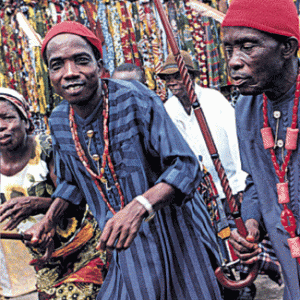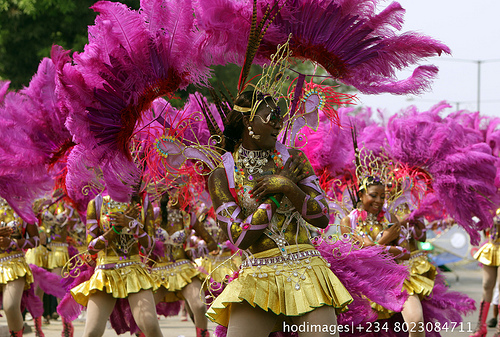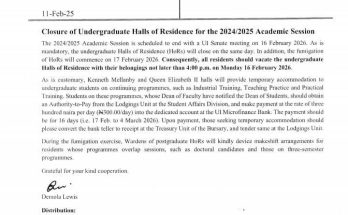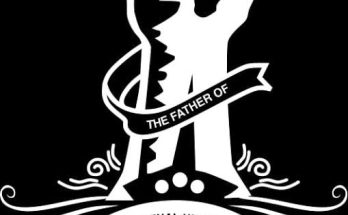Has it ever occurred to you that the languages we use form an important part of our existence- our identity. But, it is evident that many of us especially in this generation care less of the uniqueness that is intertwined with our language and what great influence it can be to us. Most parents went as far as discouraging their wards from speaking their native languages at home, all for the sake of fluency in a foreign language or for some other reason best kwon to them. But, they are getting it all twisted. Language is intimate to living, it is part of our cultural heritage and with it we can see the world differently. However language use and identity are conceptualized rather in socio-cultural perspective on human action. Here, identity is not just seen as a singular, fixed and, intrinsic phenomenon to the individual. Rather, it is viewed as socially constituted; a reflexive, dynamic product of the social, historical and political context of an individual’s life experiences.
 Also, when we approach our communication encounters as constellation of various identities, the particular identity or set of identities that becomes significant depend on the activity itself, our goals, and the identities of other participants. In our interaction with others from different geographical regions, it is likely that our national identity will be more relevant than our social life or social class. Thus, we are likely to interact with one another. Nevertheless, it is important to remember that our perception and evaluation of our own and one another’s identities are tied to the groups and communities of which we are members. Hence, expectations for what we, in our role towards our individual languages can achieve, are evident and real. We could say, from the diversity of group membership we hold, we can expect our linguistic action and values attached to be equally varied and the degree of individual effort we can exert in shaping our identities however is not always equal. But, in our use of language we represent a particular identity at the same time we construct it. Furthermore, individuals must feel free to explore the authenticity of their culture and identity while developing and understanding the cultural diversity that exists in the world around them. Therefore denying cultural expression means limiting the expression of knowledge from generation to generation. Just as it is always said; ‘every language carries with it an element of its culture’, then we could ascertain the fact that language is fundamental to our cultural identity. Our beautiful world can be expressed in our language. For this reason, no matter the language you speak, it is important to keep it alive because it’s who you are, your root and of cause your identity.
Also, when we approach our communication encounters as constellation of various identities, the particular identity or set of identities that becomes significant depend on the activity itself, our goals, and the identities of other participants. In our interaction with others from different geographical regions, it is likely that our national identity will be more relevant than our social life or social class. Thus, we are likely to interact with one another. Nevertheless, it is important to remember that our perception and evaluation of our own and one another’s identities are tied to the groups and communities of which we are members. Hence, expectations for what we, in our role towards our individual languages can achieve, are evident and real. We could say, from the diversity of group membership we hold, we can expect our linguistic action and values attached to be equally varied and the degree of individual effort we can exert in shaping our identities however is not always equal. But, in our use of language we represent a particular identity at the same time we construct it. Furthermore, individuals must feel free to explore the authenticity of their culture and identity while developing and understanding the cultural diversity that exists in the world around them. Therefore denying cultural expression means limiting the expression of knowledge from generation to generation. Just as it is always said; ‘every language carries with it an element of its culture’, then we could ascertain the fact that language is fundamental to our cultural identity. Our beautiful world can be expressed in our language. For this reason, no matter the language you speak, it is important to keep it alive because it’s who you are, your root and of cause your identity.





